Italy funds Mozambique’s digital transformation
Maputo transport: Passengers concerned about fare increases
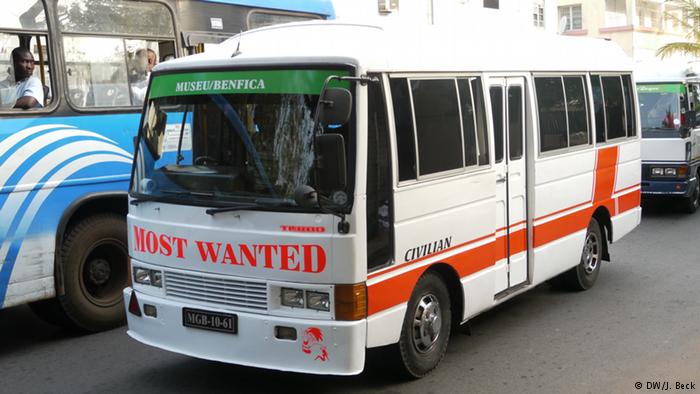
DW (File photo) / Chapa drivers say increase does not cover operating costs
New ‘chapa’ fares for Great Maputo have been approved, but no date for implementation has yet been set. Price will rise to as much as 15 meticais (EUR 0.19). The public continues to complain about the service.
Passengers on semi-collective transport in Maputo will soon be paying more for the service, after the municipal assembly of the Mozambican capital approved new ‘chapa’ fares on Wednesday.
A chapa ride will cost between 10 and 15 meticais (EUR 0.8 to 0.19), and although the municipality has not yet announced when the new prices will come into force, the public already disapproves.
Edmundo Manhique lives in Mateque, more than 15 kilometres north of Maputo. To get to the Mozambican capital, he has to change minibus four times, a problem he says will remain unaddressed. “They should think more about controlling the shortening of routes, not raising prices,” he says.
Concerns
Fares will rise to 10 and 15 meticais for distances of 10 and 20 kilometres respectively. Edmundo Manhique, a public works employee, says that these prices will force him to tighten his belt and make it difficult to manage his monthly salary of about EUR 40.00.
“What I earn, to pay for my expenses, I think it will not be enough. I think I’ll be at a stage where I’m going to go around my business on foot to meet my needs. I make a lot of trips within the city. I think what I get will not be enough,” he says.

At the minibus terminal in the Ferroviário neighbourhood, six kilometres from Maputo, Henriques Mate says that in practice, with the connections he has to make, he already pays as much as has now been announced by the Municipal Assembly.
Mate fears that the EUR 8 cents he currently pays for the connections he makes may double when the chapas shorten the routes again.
“If they do not do something about the route shortening, I will not be able to cope. I am already forced to take an extra two chapas,” he says.
Raúl Manganhela agrees that ensuring compliance with routes is more important than the rise in fares. He says catching transport early in the morning in Maputo is a real headache because of shortened routes.
“Those in power must control the destination. The price hike is not very serious, but some-one must control the destinations, where journeys begin and end,” he explains
“Shortages will not reduce”
For semi-coach carriers, the increase in fares is long overdue, with some saying the price should have been raised between 0.15 and 0.20 Euro cents.
Driver Armando Chiconela says that with this increase will not reduce route-shortening.
“Drivers shorten routes because prices do not compensate for some routes. They do this to cover their expenses,” he says.
Another driver, Daniel Tembe, says the fares should have risen to at least 0.20 Euro cents.
“If you look at the life of a mini-bus or a big car, it’s a tiny amount. Exchange those 15 meticais for dollars, and how much do you get?” he asks.
Maputo city councillor for transport, João Matlombe, agrees that the new tariff still falls well short of operating costs, and says that the municipality will continue to negotiate with companies to improve the transport sector in the capital.
“The tariff revision will boost private sector investment in transport,” he promises.



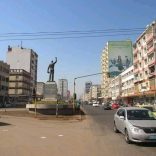

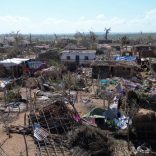
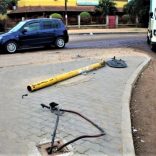
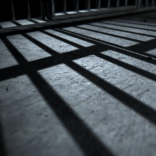




Leave a Reply
Be the First to Comment!
You must be logged in to post a comment.
You must be logged in to post a comment.